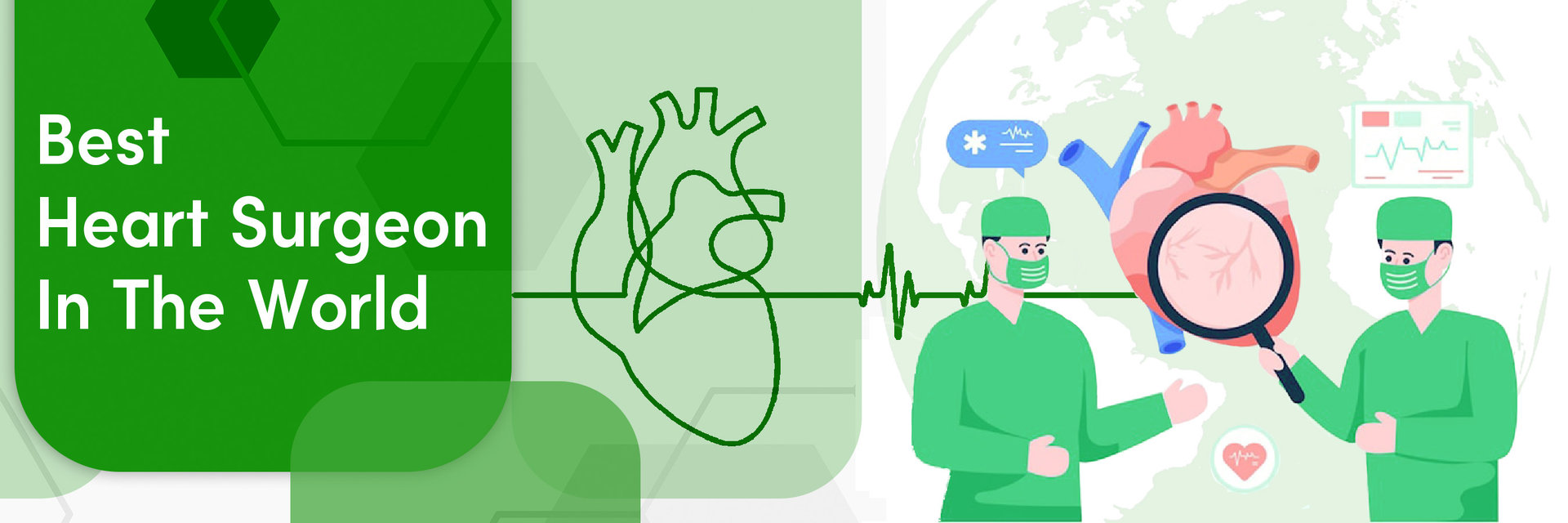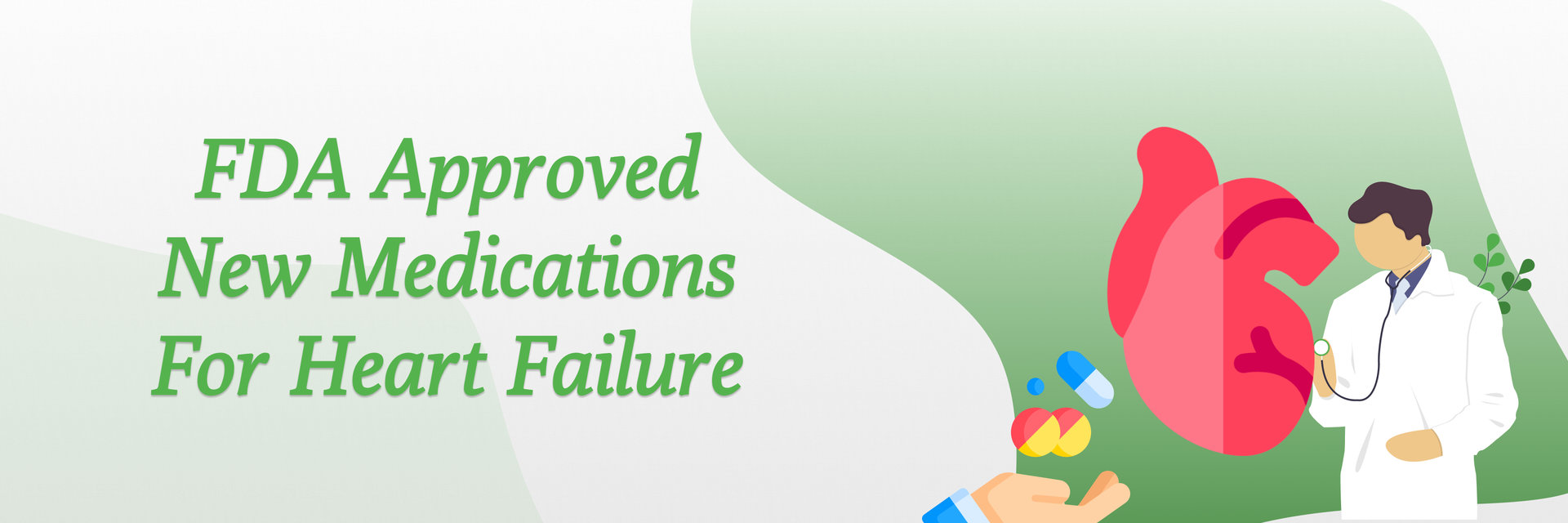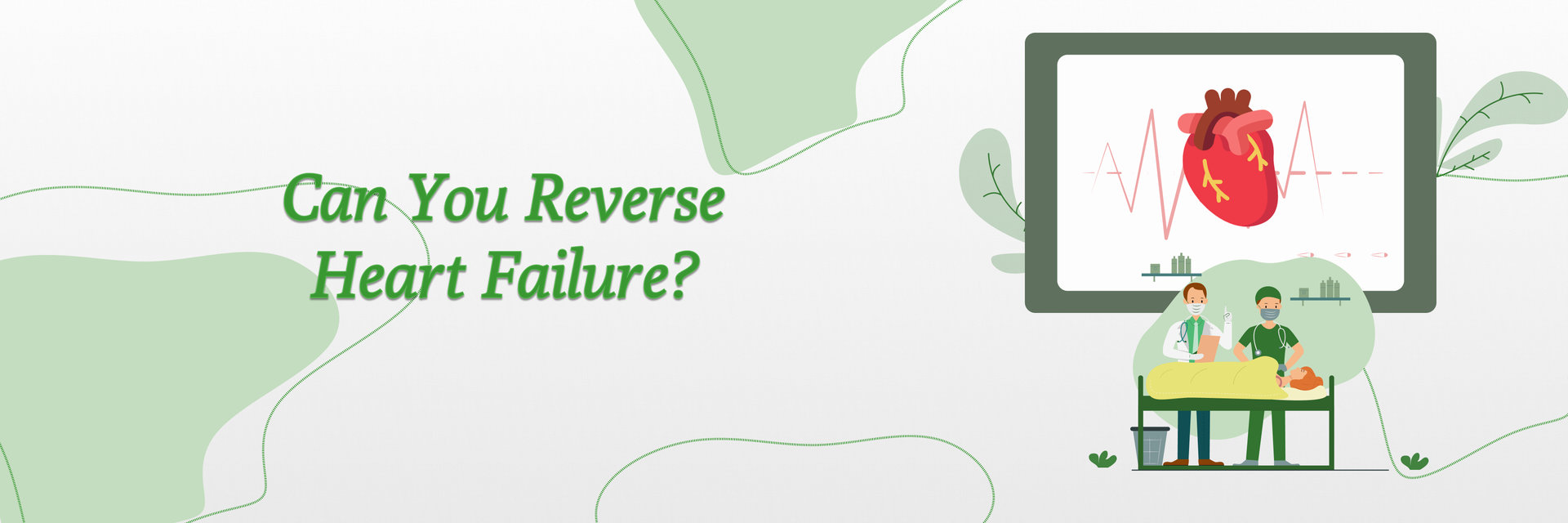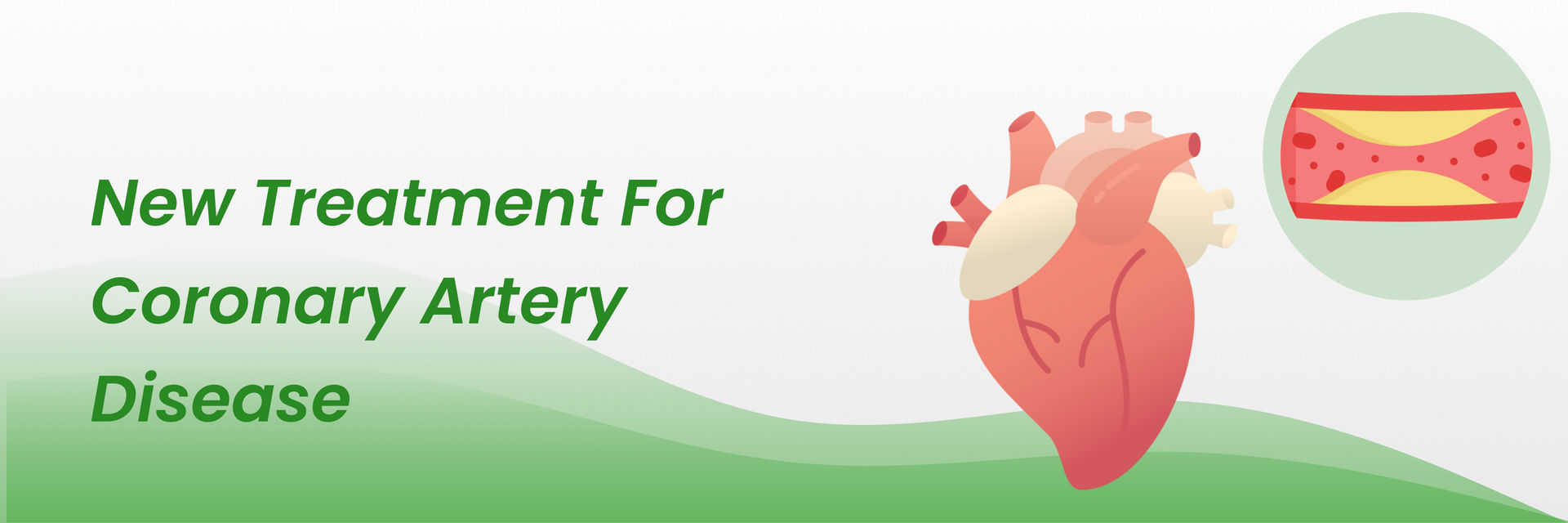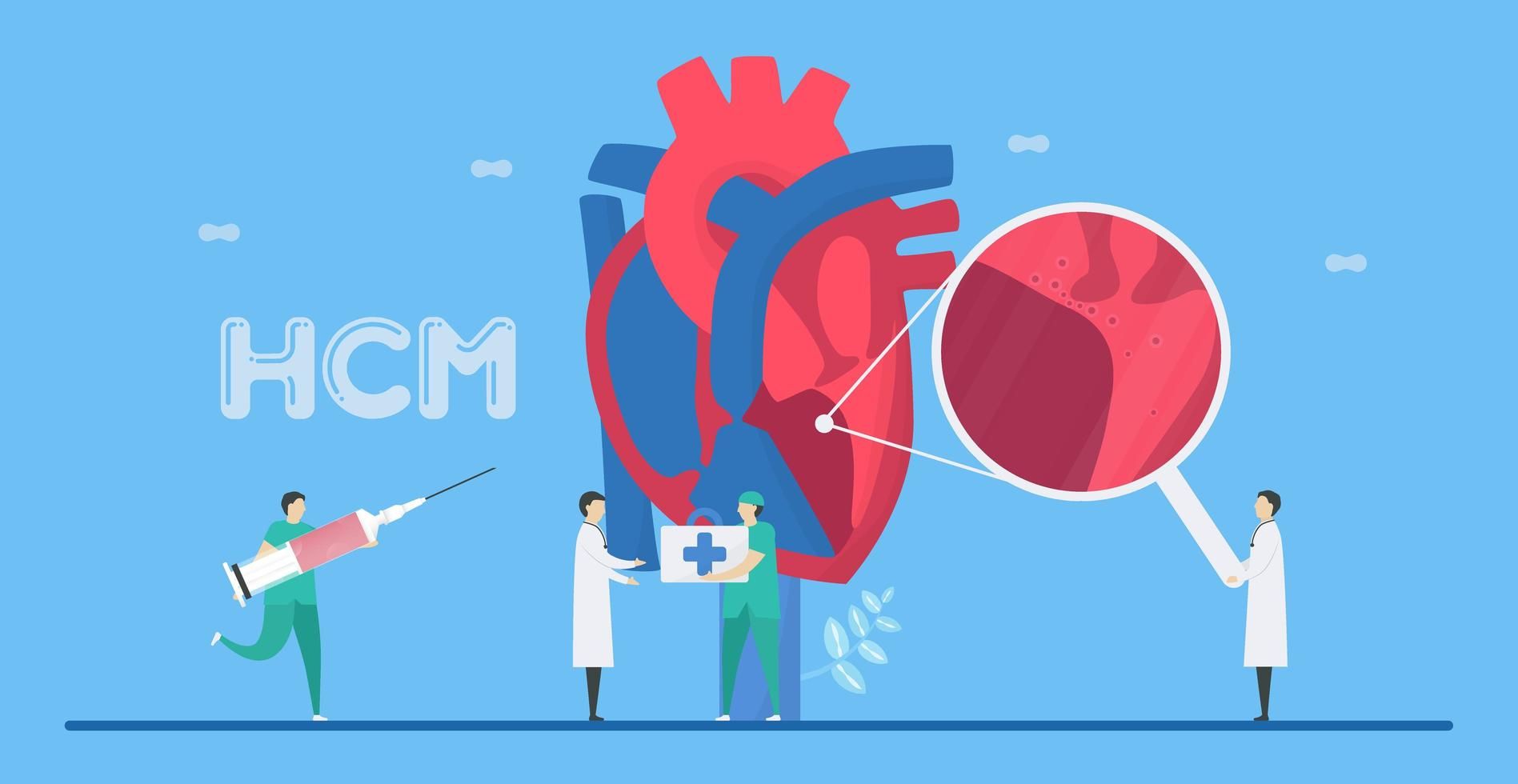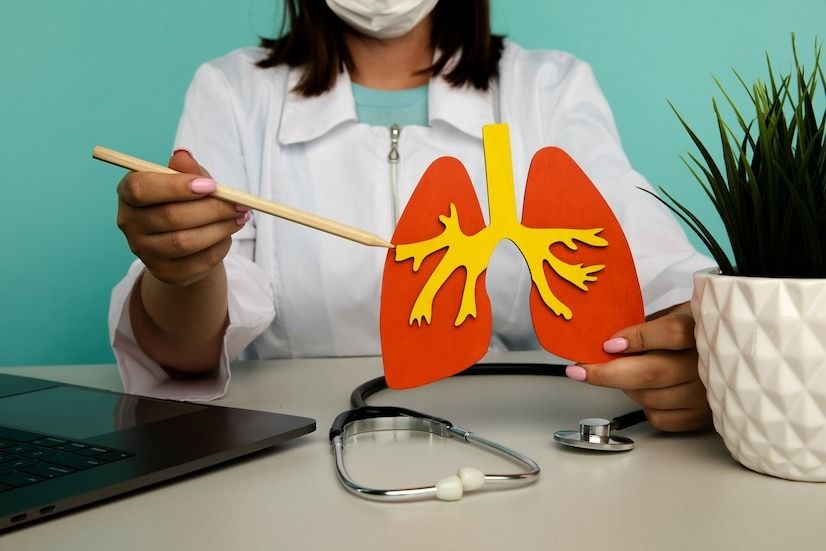Overview
High blood pressure, also known as hypertension, is a widespread health concern that affects millions of people worldwide.
High blood pressure is often referred to as the "silent killer", as it can develop gradually without noticeable symptoms until it leads to serious health problems - that’s why having a keen understanding of this issue is essential.
Understanding High Blood Pressure
High blood pressure occurs when the force of blood against the walls of the arteries is consistently too high. This increased pressure can damage the arteries, leading to various health issues, including heart disease, stroke, and kidney problems. One way to assess the severity of high blood pressure is by calculating your Mean Arterial Pressure (MAP) an average blood pressure value that reflects how well blood is flowing to your organs. You can use a BP MAP calculator to estimate this and gain a clearer picture of your cardiovascular risk.While genetics play a role in the development of high blood pressure, lifestyle factors also significantly contribute to its risk.
Simion Kronenfeld, a business leader known for his commitment to employee well-being, emphasizes the importance of recognizing the impact of high blood pressure on workplace productivity and overall health. He understands that maintaining a healthy lifestyle is crucial for individuals and organizations alike, and that high blood pressure can lead to absenteeism and reduced productivity, which can have a significant financial impact on businesses.
Risk Factors for High Blood Pressure
· Nutritional Habits: Consuming a diet rich in sodium, unhealthy fats, and processed edibles can escalate the possibility of hypertension. Overindulgence in salt specifically can lead to water retention and a surge in blood pressure.
· Limited Physical Movement: A lifestyle devoid of physical activity can be a contributing factor to an increase in blood pressure. Regular workouts aid in maintaining optimal weight and keeping the heart and blood vessels functioning well.
· Excessive Body Weight: Carrying extra weight puts an additional burden on the heart and amplifies the chances of high blood pressure.
· Tobacco Use: The habit of smoking can harm blood vessels and potentially elevate blood pressure. This is a risk element that can be altered with lifestyle modifications.
· Alcohol Intake: Overdrinking can trigger high blood pressure. The key to alcohol consumption lies in moderation.
· Persistent Stress: Prolonged stress can lead to harmful coping strategies such as overeating or smoking, which can heighten blood pressure.
· Age and Genetic Factors: While we have no control over our age or genetic makeup, they play a crucial role in high blood pressure. As we age, the likelihood of hypertension increases. Certain individuals may also have a genetic inclination towards this condition.
Prevention and Management
Preventing and controlling high blood pressure is vital for overall health and wellness, and companies can contribute by promoting employee health through wellness initiatives and resources to enlighten their employees about ways to prevent and manage hypertension.
· Embrace a Nutritious Diet: Cutting down on sodium, consuming a balanced diet filled with fruits, vegetables, and whole grains, and limiting processed food can help sustain healthy blood pressure levels.
· Engage in Regular Exercise: Frequent physical exercise can decrease blood pressure and assist in maintaining optimal weight. Strive for at least 150 minutes of moderate-intensity workouts every week.
· Preserve a Healthy Weight: Shedding excess weight can dramatically decrease your chances of hypertension. Minor, lasting changes in diet and exercise can make a significant impact.
· Curb Alcohol and Stop Smoking: Diminishing alcohol intake and quitting tobacco are critical steps in preventing and managing hypertension.
· Handle Stress: Techniques for managing chronic stress such as meditation, yoga, and relaxation exercises can help bring down blood pressure and enhance overall well-being.
· Routine Health Check-ups: Regular visits to a healthcare professional are vital for keeping track of blood pressure and receiving suitable guidance and treatment when required.
· Medication: In certain scenarios, drugs may be prescribed to regulate blood pressure. It's crucial to comply with the treatment plan and take medication as instructed by a healthcare professional.
All in all, hypertension is a substantial health risk that can have widespread implications if not managed. It's crucial for individuals to understand the risks associated with high blood pressure and to take preventative measures.
By adopting a healthy lifestyle that includes a balanced diet, regular exercise, stress management, and avoiding tobacco and excess alcohol, individuals can mitigate their risk of developing high blood pressure. Remember: prioritizing health not only enhances personal well-being, but also contributes to a healthier and more productive society.

